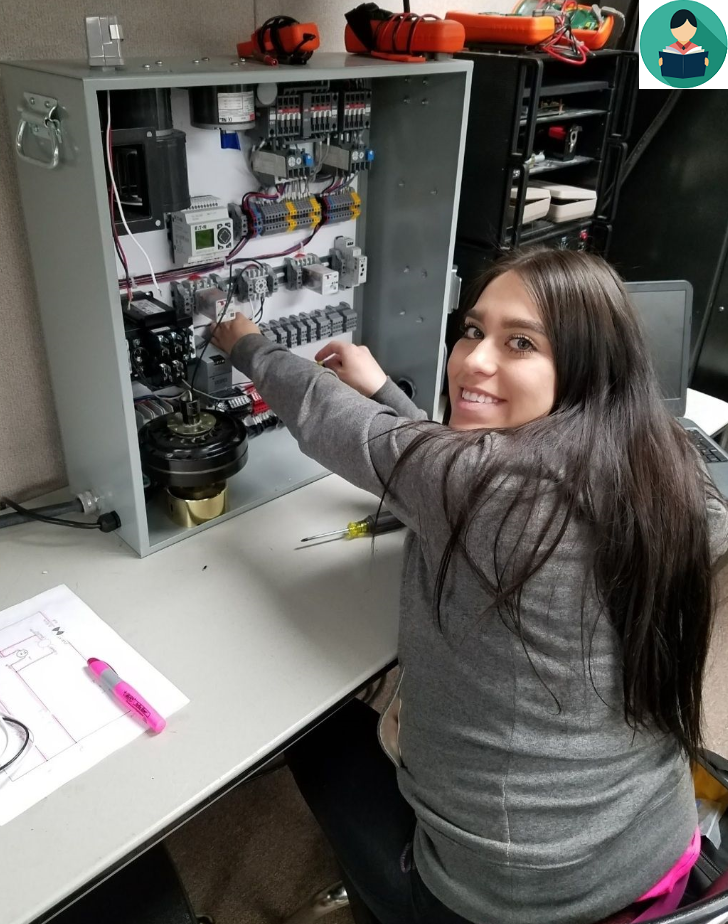Becoming an electrical engineer requires training, commitment, and the willingness to wonder about questions such as how a flat-screen television manages to be energy efficient or how a Las Vegas casino manages to use so much electricity without blowing a fuse.
Electrical engineers answer the tough electrical questions and may work on anything from handheld gadgets to massive electrical grids. In getting there, electrical engineers must consider questions such as: What level of degree should I get to maximize my income? What concentration should I learn to obtain my dream career? Do I have to join an engineering firm or can I work on my own?
STEPS TO BECOMING AN ELECTRICAL ENGINEER
EARN A BACHELOR’S DEGREE OR HIGHER
Most employers require that entry-level electrical engineers hold a bachelor-level electrical engineering degree from a program accredited by the Accreditation Board for Engineering and Technology (ABET). Bachelor's degree coursework typically includes digital systems design, electrical circuit theory, and differential equations.
In addition to classroom work, electrical engineering majors can participate in laboratory work and field studies. Cooperative engineering degree programs provide the opportunity to integrate classroom skills in real-world environments through internships. Electrical engineering students may be able to combine a bachelor’s degree and master’s degree with a five-year study program. Electrical engineers who hold a master’s degree can take jobs as an instructor at colleges and universities or research and development positions at a private firm.
TAKE THE FUNDAMENTALS OF ENGINEERING EXAM
All electrical engineers who work in the utility field must be licensed through the Fundamentals of Engineering (FE) exam. To qualify for licensure, an applicant must have completed a degree from an ABET-accredited engineering program and earn a passing score on the Fundamentals of Engineering (FE) exam. Students can take the FE exam upon graduating with an electrical engineering or related degree. Individuals with a passing grade on the FE are called engineers-in-training (EITs) or engineer interns (EIs) until they pass their Professional Engineer (PE) exam.
LAND AN ENTRY-LEVEL JOB AND GAIN EXPERIENCE
Advancement in electrical engineering is often based on experience and accomplishments. A graduate degree is not required, but many employers prefer their engineers to keep up with emerging technology. A graduate degree in electrical engineering provides an advantage in the field and leads to faster career advancement.
To qualify for the Professional Engineer (PE) exam, EITs must have four years of relevant work experience. Several states require continuing education for professional engineers to keep their engineering licenses, which means engineers must keep abreast of changes in the field even after earning their PE license.
TAKE PROFESSIONAL ENGINEER EXAM
To qualify for the Professional Engineer (PE) exam, EITs must have four years of relevant work experience. Several states require continuing education for professional engineers to keep their engineering licenses, which means engineers must keep abreast of changes in the field even after earning their PE license.
